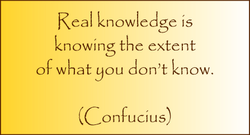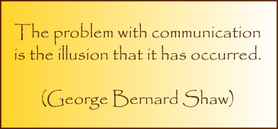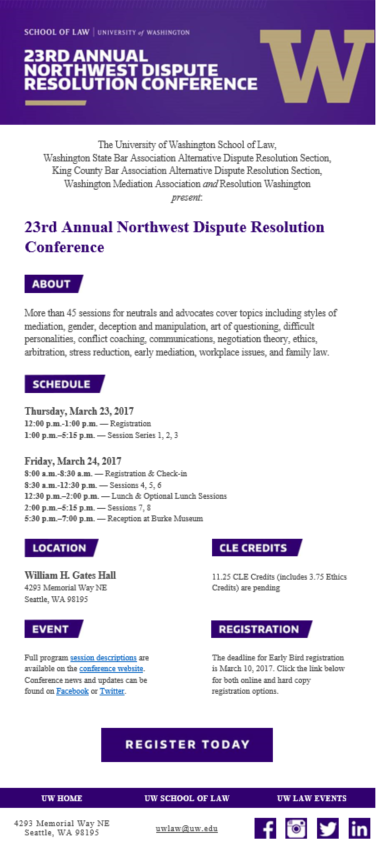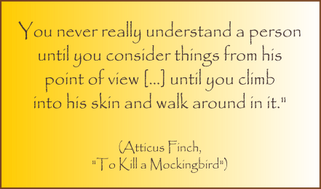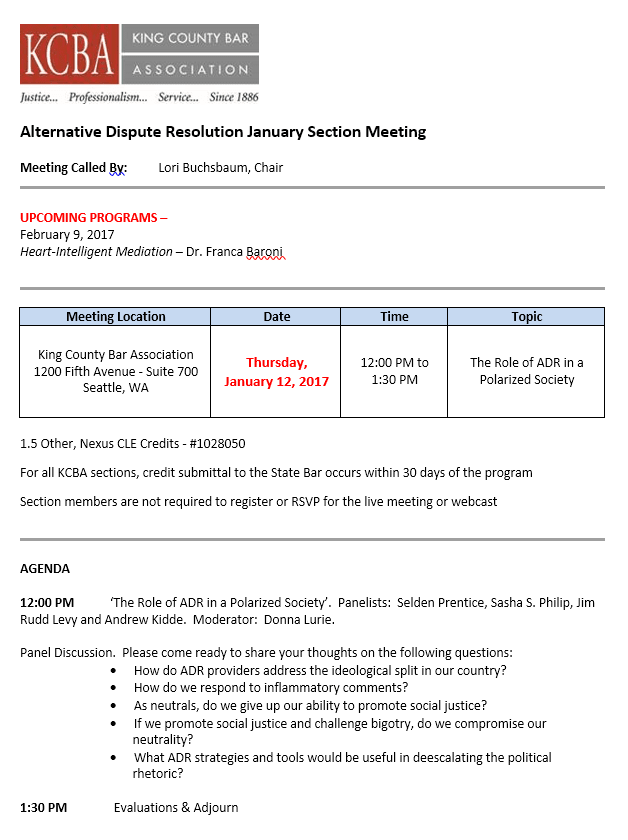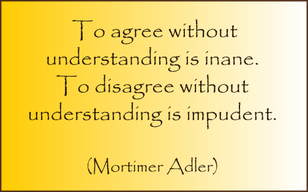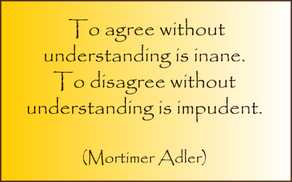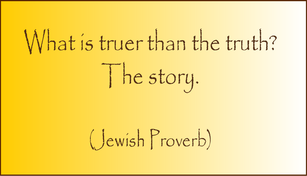A classic thought experiment
The eminent psychologist and Nobel prize winner Daniel Kahneman and his late colleague Amos Tversky devised the following thought experiment to demonstrate the phenomenon of loss aversion (Kahneman, D. & Tversky, A. (1984). “Choices, Values, and Frames”, American Psychologist, 39(4): 341–350):
Imagine the outbreak of a disease that is expected to kill 600 people. You must choose between two public health programs to combat the disease. Program A will save 200 lives. Program B has a 33% chance of saving 600 lives, and a 66% chance of saving zero lives.
Given these two choices, most of us will choose Program A.
Now assume that Program A will result in 400 deaths. Program B has a 33% chance of zero deaths, and a 66% chance of 600 deaths.
Given these two choices, most of us will choose Program B.
Note, however, that the choices in the two scenarios are mathematically identical: 200 out of 600 lives saved is the same as 400 out of 600 lives lost. The simple act of presenting the programs in terms of number of lives saved versus number of deaths changes our perception of which is the better option.
Shall we toss a coin?
Daniel Kahneman simplifies loss aversion this way:
“In my classes, I say: ‘I’m going to toss a coin, and if it’s tails, you lose $10. How much would you have to gain in winning in order for this gamble to be acceptable to you? People want more than $20 before it is acceptable.’”
Carl Richards, Overcoming an Aversion to Loss (New York Times, December 9, 2013).
In other words, a 50% chance of a $10 gain is insufficient to offset the 50% chance of losing $10.
Practical implications for negotiators
As a practical matter, this means that we are willing to leave a lot of money on the table to avoid the possibility of losing. Indeed, we seem to experience loss as twice as significant as an equivalent gain.
This becomes problematic in the litigation context. Negotiation requires each party to take risks and to make concessions. Parties balance their gains against their losses – and tend to be very attentive to the other side’s losses and gains. This is true for distributive assets, such as money, as well as for intangible items such as the need for responsibility-taking, reputational concerns, and apologies.
If we perceive a “loss” as twice as significant as a “gain”, this means that each party must feel that they have gained twice as much as they have lost in order to believe that the outcome is fair.
Framing (again!)
As is so often the case, the key is framing. (I have discussed the concept of framing before, most recently in my February 2016 and January 2018 articles). A skilled negotiator mediator will frame options as positive ones – as “lives saved” as opposed to “deaths” – even if an offer or demand is not originally conceived as such.
When done well, the old axiom that “a good mediation is one in which neither side is happy” fails. If both sides believe that their negotiated gains are sufficient to offset their losses, it is possible for both to walk away satisfied.



